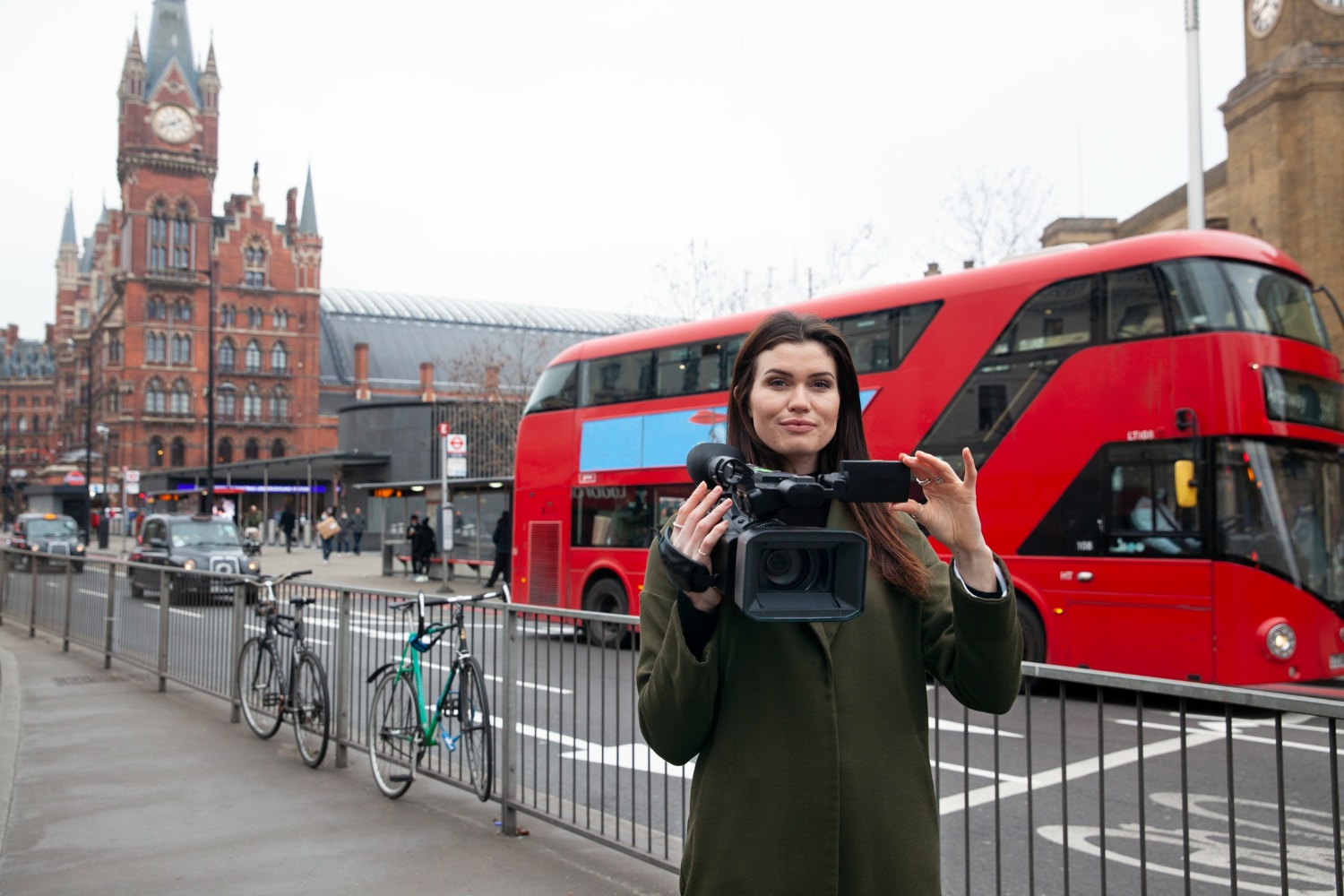The 20s of the 21st century begin with a record. For the first time an entire nation, modern and democratic, which values civil liberties, is locked down, quarantined from the rest of the continent and the world. But now it’s not just Italy anymore. The lockdown to contain the spreading of Covid-19 is becoming more and more continental as tens of millions of people are suddenly finding themselves without previous freedom. Almost a total blockage of non-strategic or basic necessities, a situation that inspires some considerations.
Related topics: COVID-19 Compared to the Climate Emergency – Life (not Love) at the Time of Covid-19 – The Real Political Risks
The speed of Covid-19’s contagions outside of East Asia is astonishing. The ‘Belpaese’ appears as the most affected by the virus in the EU and second only to China in the world. In fact, while it’s true that Italy has a high share of the elderly in its population, on which the virus tends to be more lethal, it’s nevertheless true that the number of infections is random because it depends on the number of tests that a country decides to perform.
Moreover, it is clear that if the deceased who suffered from other conditions are not counted among the deaths by Covid-19, the numbers drop. But if the emergency is perceived as marginal and the quarantine zones are reduced – or completely absent – the economy is less affected. An unpleasant consideration, which is better left aside, as demanded by a sense of solidarity.
However, exactly the opposite happened in Italy. And, as prime minister Conte hopes, the efforts of the Italian people will be recognized as an example that may be followed by other countries.
Since the beginning of the emergency, Italy has carried out a large number of tests, even on asymptomatic patients, who are not necessarily affected. Other countries have acted differently, due to different strategies or different possibilities.
Like the United States, where tests are expensive, or Africa, where they are scarce. Or like the hyper-connected South Korea, where, in the name of the fight against the virus – and, it must be said, effectively – citizens’ privacy has been put aside, with the tracking of movements and payments. It appears that some other European countries have been less transparent in the data released in relation to the tests performed.
In the Brexit-preparing U.K., Boris Johnson has cautioned that more families will lose their loved ones to the coronavirus but has kept a ‘staged’ approach in the hope of reaching ‘herd immunity’ and not bringing in more stringent measures for now. However, he has recently changed his mind – pushed also by the public – and is now moving towards lockdown. France, Spain, and Germany are now revising their strategies and acting similarly.
Spain started a shutdown program, becoming the second country to self-quarantine, France moved towards stricter measures but over last weekend, it maintained the elections in a great but dangerous effort of safeguarding democracy. Macron had to deploy 100.000 policemen to ensure that the notoriously difficult-to-tame French people respect the government’s provisions.
In the U.S., Trump finally declared a State of Emergency calling for an extraordinary public-private partnership to address the emergency while raising criticism on his timing.
At this time, we hear that what is required of us is nothing compared to what was required of our predecessors, who had to go to war. True. But fortunately, today’s world is a different world and the perception of renunciations is not comparable.
Also, we are spotting everywhere the slogan “stay at home”, in hashtags or on sheets hanging from balconies, in an effort to sensitize the people over medical indications. Though it is clear that being at home is not easy and pleasant for everybody. Besides, some of the millions of poor in Europe and America have no home.
What is striking is how the usual legal instruments are creaking. In Italy, in recent days, several decrees of the President of the Council of Ministers have been adopted, justified by the need for rapid action, even though as an administrative act that is like any other ministerial decree, it possesses the character of a secondary normative source. But the body that is normally designated to legislate, i.e. turn decrees into law, is the assembled Parliament. And now it is closed. Obviously for the duration of the emergency.
Similar measures are taken in Spain and France. Even so, we witness that impositions are no easy solutions, as town mayors are obliged to go out in the streets to reprove grouping and close parks and the police are employed to check movements and fine violators.
What is needed is a change of mindset.
What is worrying is that it looks like a State of Exception. Liberal democracies all have given themselves the possibility, in the case of emergencies, to suspend – at least in part – the established legal order. This has already happened in the fight against terrorism. And now it is happening in the fight against the coronavirus, in the attempt to circumscribe its spread. And while it is justified and temporary, what is not certain – and it is a matter for concern – is how long the lockdowns may last.
What will become of democracy if the outspread isn’t tamed?
Politics seems to have been suspended in the name of science. Unfortunately, Covid-19 is an entirely new virus, and time is needed for medical science to figure out how this epidemic will evolve. It would appear that it is high time countries seriously think of a global health system instead of continuing to take resources away from healthcare, as they have done over the past ten years, in the name of budgetary austerity, both in Europe and America.
For instance, it is still unknown how long the virus survives on surfaces, what distance it actually reaches in the transmission between individuals. The latter has pushed some towards the hypothesis of including the disease among domestic seasonal influences, although the WHO indicates a mortality rate of 3 to 4% for Covid-19 compared to 1% of seasonal viruses.
The question is what happens after, as new epidemics can, and most probably will come again. What will happen to the freedom of movement once the emergency is over? How long we’ll have to keep our borders shut?
Furthermore, a major social separation project is underway, transferring social life from physical to digital relationships, pushed by the notion of ‘social distancing’ and mediated by technology, think of smart working, e-learning, and e-commerce.
This replacement of relationships could mark the victory of the big digital stores, which save us from exposure to COVID-19. While they achieve dizzying profits, small shops are shut down. The digital world is here, with us, more than ever. And it certainly adds a boost to the large financial agglomerates that support contemporary technological transformation.
Recently, a Tim-Vodafone mega-company was set up to manage the 5g infrastructure in Italy. No doubt, this will be perceived as hugely needed when millions of students and workers find themselves simultaneously connected, burdening the network. Due to the social stigma that has hit China as a result of the epidemic and the objective difficulties of its production sector, the new 5G technology being developed in the West might not be made with Chinese materials that are cheaper, but rather using North European or U.S. components, that are more expensive but produced by allies.
In fact, the geopolitical point of view always needs to be considered: Italy (like many European countries) is part of the Atlantic pact and selling data – personal, financial, military – to China or, in any case, to another continent, had better be avoided.
As Covid-19 becomes a global pandemic, there may be a very strong acceleration of all these processes, which have been in place for some time. In fact, we saw how, following Sept. 11, 2001, exceptionalism has stayed and become the norm, repeatedly causing concern regarding the respect for civil liberties.
Leaving aside conspiracy, these kinds of emergencies somehow make each of us dangerous to each other and therefore stimulate increasingly invasive social controlling, not necessarily accompanied by the people’s approval or awareness.
To cope with the spread of the coronavirus, South Korea and China are managing their social fabrics in an algorithmic way, monitoring people’s movements and then deciding who is to be quarantined. Discussions on the matter have already begun in Europe. It wouldn’t be a big surprise if we found ourselves into an increasingly Big-Brother-Is-Watching-You world, with the obligation to keep our geo localizers always on appeared. Likewise, an acceleration on the cash ban as a vehicle prone to germs and bacteria may be also expected.
Editor’s Note: The opinions expressed here by Impakter.com columnists are their own, not those of Impakter.com














